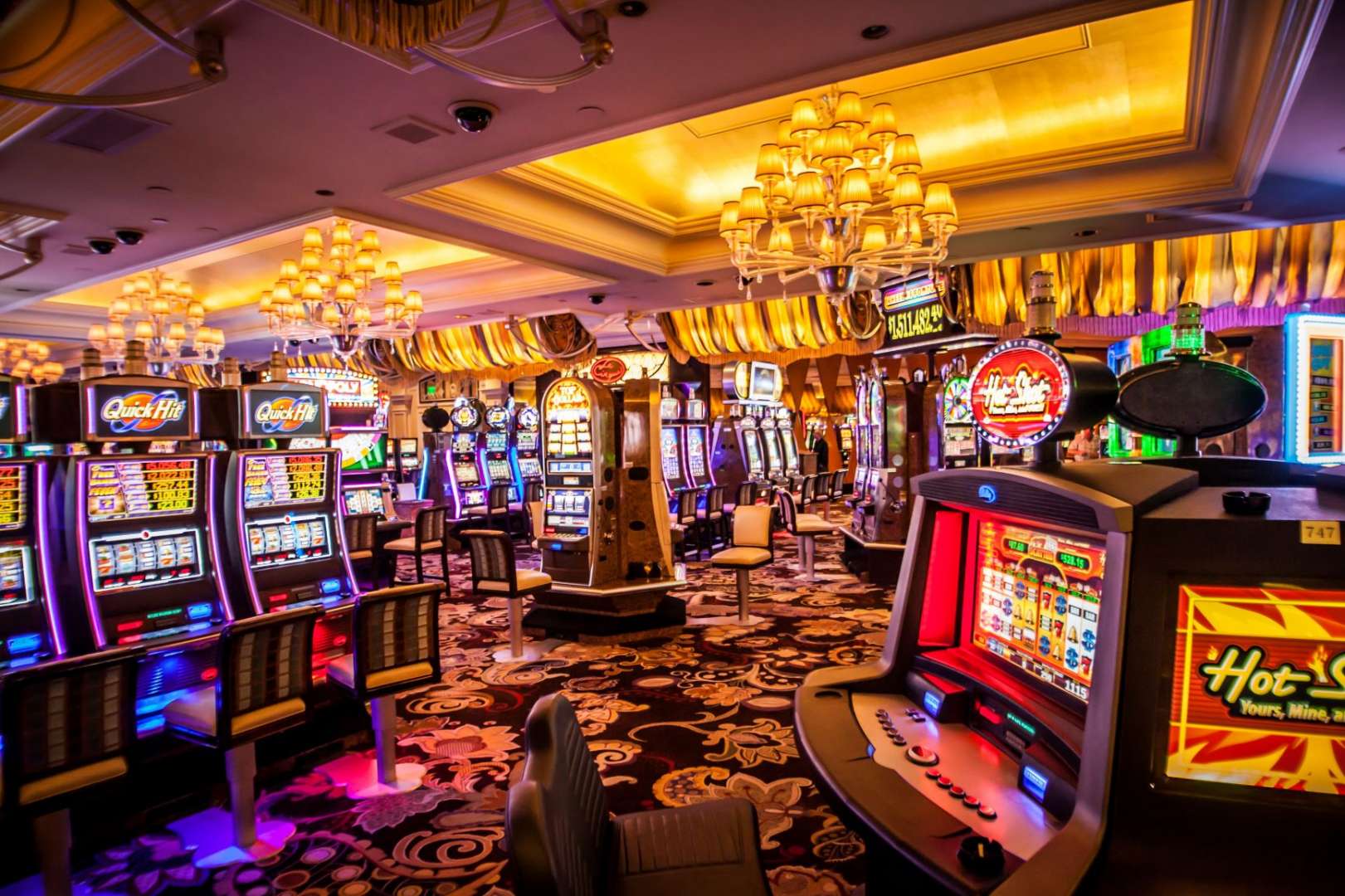In the world of gambling, in which chance and strategy converge, a unique tapestry of beliefs emerges—one that weaves together luck, fate, and the enigmatic nature of casino games. Casinos, bustling with excitement and anticipation, are not just spaces for placing bets; they are also arenas where superstitions thrive. From the novice player to the seasoned gambler, these mysterious practices often shape how individuals approach the games they play, believing that their actions can influence the outcome in ways that go beyond mere probability.
When players gather around roulette wheels, blackjack tables, and slot machines, the atmosphere is thick with stories of lucky charms, rituals, and codified behavior that defy logic yet provide a sense of comfort. It could be the case that it’s wearing a specific outfit, following a particular sequence of bets, or even avoiding certain numbers, the attachment to various superstitions reflects a deep-rooted desire to control the uncontrollable. This article delves into the captivating world of casino game superstitions, investigating the beliefs that simultaneously entertain and mystify those who dare to play.
Cultural Roots of Superstitions
Gambling activities have long been interwoven with an host of superstitions that go back to early cultures. The origins of these beliefs can be linked to humanity’s intrinsic wish to control the unpredictable outcomes associated with luck and randomness. In early civilizations, activities of chance were often connected to religious practices. Gamblers would invoke blessings or request favor from gods, believing that their actions could influence the results in their favor. This foundation laid the groundwork for the variety of superstitions that proliferated as gambling evolved over ages.
During the Middle Ages, gambling became a popular pastime across the continent, and with it, a rich tapestry of superstitions developed. Players adopted different rituals and charms, believing they could affect the outcome of games. The value of numbers, in particular, emerged to appear in superstitions related to card games and dice. The number 7 was often considered lucky, while various numbers carried negative connotations. These notions mirrored the social contexts of the time, adapting as they passed through generations and transformed to new gaming environments.
As casinos appeared in the seventeenth century, particularly in Italy and France, the atmosphere surrounding gambling became steeped in enigma. The growing availability of gambling activities allowed for the dissemination and growth of superstitions among players. Concepts like charmed charms, specific seating positions, and rituals gained prevalence, creating a unique culture within casinos. As these customs continued to thrive, they became integral to the identity of casino games, illustrating how historical developments and culture shape the notions that influence how participants interact with luck.
Common Gambling Myths
Superstitions surrounding gambling activities are abundant and diverse, reflecting the hopes and fears of gamblers as they participate in chance-based activities. One of the most common views is that specific numbers bring fortune or misfortune. For example, the number seven is often seen as a lucky digit, frequently embraced by players looking for a positive outcome. Conversely, the digit thirteen is routinely considered unlucky, leading many gamblers to avoid it during their gambling sessions.
Another frequent superstition relates to practices that gamblers believe can influence their chances. Whether blowing gently on the dice before a roll, using a specific gesture to place a bet, or even putting on particular items of attire, many people feel that these actions can sway fate in their benefit. These rituals offer a sense of control in an otherwise unpredictable environment, reinforcing the idea that luck can be created through individual beliefs and habits.
Lastly, the environment and atmosphere of the gambling house itself contributes to myths. Many players suggest that the presence of specific symbols, such as four-leaved clovers or lucky tokens, can enhance their chances of success. Additionally, players might adhere to the belief that victory streaks can be halted by mundane occurrences, such as a person passing by or a spill at the table. The collective atmosphere in a casino can amplify these superstitions, creating a shared culture of superstitions that transcends single encounters.
Impact of Superstitions on Players
Beliefs play a crucial role in the psychology of casino players, often influencing their actions and choices. A lot of gamblers think that fortune can be manipulated through different rituals, such as donning a talisman, choosing particular hues, or steering clear of particular digits. This reliance on superstitions can create a sense of authority in an environment that is intrinsically unpredictable. Players frequently feel more confident and involved when they think that their actions could sway the outcome of a game in their favor.
The influence of these superstitions extends past individual players, affecting the overall atmosphere within the casino. For example, a player who believes in the luck of a particular slot machine might attract a crowd, as others are intrigued by their apparent luck. This collective belief can heighten excitement and create a dynamic environment, leading to an captivating experience even for those who may not necessarily be superstitious. The excitement around certain games can lead to increased participation and extended playing sessions, supporting the casino’s lively social scene. Shbet
In some cases, superstitions can lead to negative effects for players. Relying too heavily on rituals can result in bad gambling decisions, as some may ignore basic strategies in favor of baseless beliefs. Additionally, the stress to perform rituals may increase anxiety and stress levels, diminishing from the enjoyment of the experience. Ultimately, while superstitions can enhance the excitement of playing casino games, they can also lead to poor choices that overshadow the enjoyment and entertainment intended in the casino experience.

